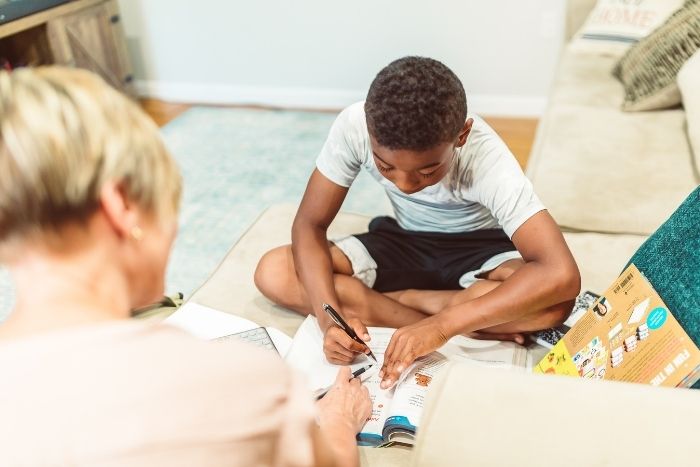Alan Cocker, Head of Primary at The British International School Abu Dhabi, on building readiness for learning in the early years.
Education for children aged three to four years old is not compulsory; therefore, many families decide, for different reasons, not to enrol their children in nursery school. However, it is extremely important to note that each child at pre-school school age has the opportunity to access rich experiences.
The reason for this is that there is a biological development window that is open to children within that age range that closes quite quickly, of which many parents are not always aware.
Over the course of the past few years, the pandemic has meant that children have not been able to access those rich experiences. For example, many schools provided virtual classes to students, including early years, and did the best they could in the unique circumstances that we all faced.
However, providing lessons via a screen did not fully provide the rich environment that would help young children within the sphere of physical development, communication and language development, and social and emotional development.
A quality, early childhood education provides children with cognitive, behavioural and social skills that children are unable to learn solely at home or through a screen. Therefore, to build readiness for learning and to immerse the child in inquiry-based learning, in-class preschool education plays a pivotal role.
Children from birth to five years are biologically programmed differently than at any other age, which provides a window of opportunity for rapid brain and physical development. Once that opportunity has passed, it becomes increasingly difficult to address any lack of cognitive development.
Oftentimes, parents are unaware that that window is absolutely crucial for physical development, communication and language development, and physical personal social and emotional development (PED).
These three key areas set the criteria for being able to be good learners and well-rounded people for the next 10 years of their lives. To be able to be effective in those three areas, children, from a baby upwards, are wired to be surrounded by others, to take in gestures, to listen differently, to respond to listening and to try to develop language, with the rapid growth of languages exponential within this age group.
If children of the given age are not provided with those situations, such as the rich environment that nursery schools offer, there is a significant challenge ahead, which is when you may have to start implementing additional support such as speech therapy.
As Head of Primary at The British International School Abu Dhabi, I cannot stress strongly enough the importance of enrolling pre-school children in nursery. The risk versus benefits are clear, the rich experiences a nursery school can provide are difficult for a parent or nanny to emulate within a home environment.
Children who are not enrolled at nursery schools will not interact with others in the same way, or gain access to the same opportunities.
Schools are geared for such situations, having highly qualified teaching staff and cutting-edge facilities that enable them to provide the richness that is vitally important for your child ’s development.
To find out more about The British International School Abu Dhabi, visit British International School Abu Dhabi



